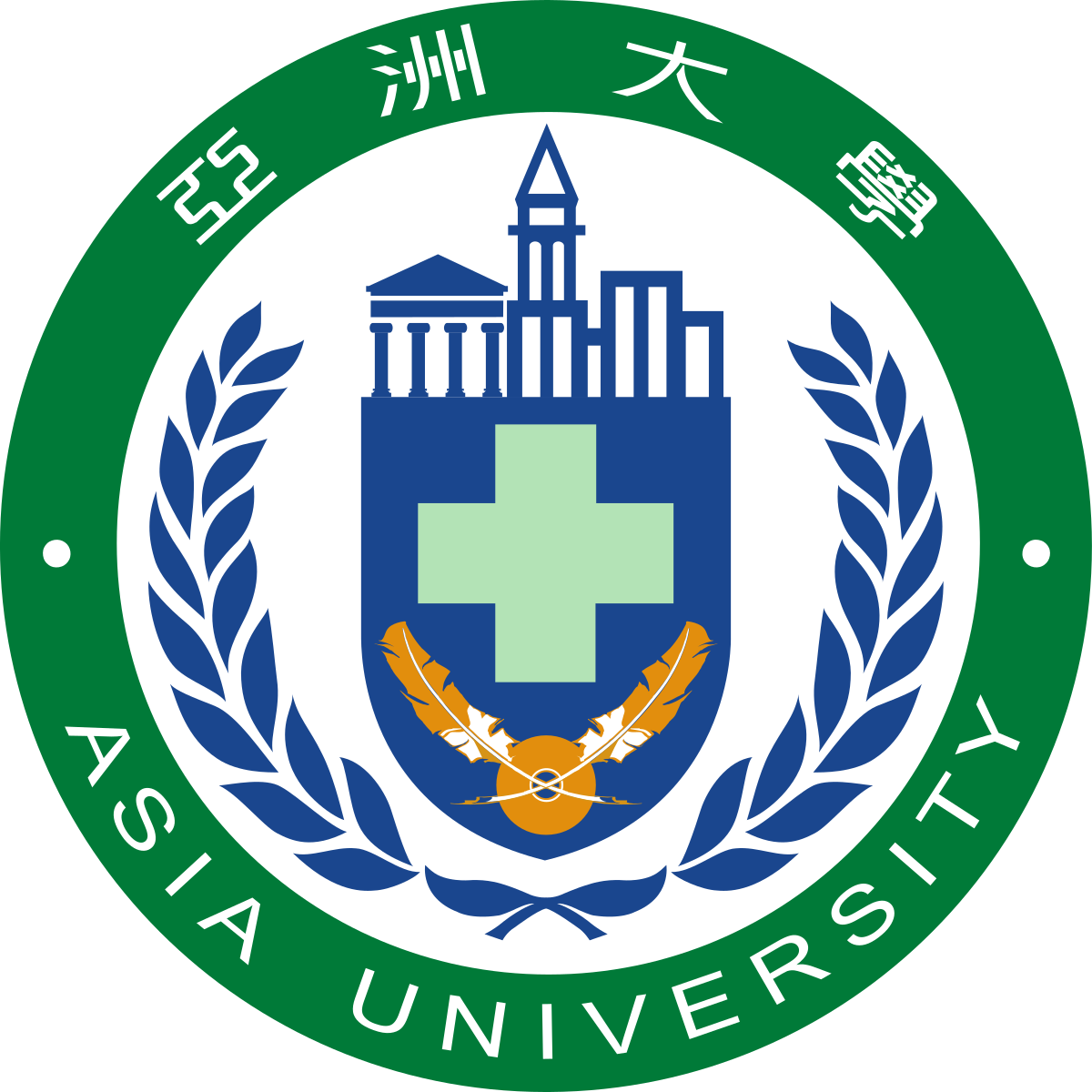View count:
184
FAQ
Asia University Semiconductor Program – FAQ (Frequently Asked Questions)1. What are the key courses in the Semiconductor Program?
The key courses in this program can be categorized into three main areas:
- Fundamental Courses: Basic Electrical Engineering, General Physics, Digital Logic, Calculus, Circuit Analysis, Engineering Mathematics, Linear Algebra.
- Specialized Semiconductor & IC Design Courses: Semiconductor Device Physics, Semiconductor Process Technology, Digital System Design, IC Design, Memory Layout, Semiconductor Device Simulation, Advanced Packaging Technology.
- Industry-Oriented Practical & Sustainability Courses: Semiconductor Packaging & Testing, Capstone Project, Cleanroom Technology, Green Energy, Patents Analysis, Employment Trends & Job Search Skills.
2. Why are these courses considered key to the program?
These courses are crucial because they:
- Cover both IC design and semiconductor manufacturing, unlike many programs that focus on just one area.
- Include advanced packaging & testing, which are often only taught at the graduate level.
- Offer hands-on experience in cleanroom technology and semiconductor sustainability.
- Prepare students for real-world industry demands, including AI, big data, and environmental impact considerations.
3. How is this program different from other semiconductor programs?
Our program is unique because it:
- Balances IC design and semiconductor fabrication, covering the full spectrum of semiconductor technology.
- Offers dedicated courses in advanced packaging, semiconductor testing, and cleanroom technology, which are rarely found in undergraduate programs.
- Includes sustainability, patents, and job search skills, preparing students for industry challenges beyond technical skills.
- Incorporates AI, big data, and IoT, reflecting the latest semiconductor industry trends.
4. Does this program include practical hands-on experience?
Yes! The program emphasizes hands-on training through:
- Capstone Projects (I & II): Students work on real-world semiconductor projects.
- Semiconductor Packaging & Testing Courses: Focus on practical applications.
- Cleanroom Technology Course: Hands-on experience in a semiconductor cleanroom environment.
- Industry Collaborations & Internships: Opportunities to work with semiconductor companies.
5. What career paths can graduates pursue?
Graduates can work in various semiconductor-related fields, such as:
- IC Design Engineer (Digital/Analog Design, Memory Layout)
- Semiconductor Process Engineer (Fabrication, Manufacturing)
- Semiconductor Packaging & Testing Engineer
- Cleanroom & Equipment Engineer
- AI & Big Data Engineer in Semiconductor Industry
- Sustainability & Green Energy Specialist
6. Do students need prior knowledge of semiconductors before joining the program?
No prior knowledge is required! The program is designed to start with fundamental courses (physics, mathematics, and basic electrical engineering) before gradually introducing more advanced semiconductor topics.
7. Are there internship opportunities in the semiconductor industry?
Yes! The program collaborates with leading semiconductor companies to provide internship opportunities. Students can gain real-world experience in IC design, manufacturing, packaging, and testing.
8. Will this program cover AI and its role in semiconductors?
Yes! The curriculum includes courses such as Big Data Analysis and Applications and IoT Technology, which introduce AI-driven semiconductor trends, including AI-assisted chip design and smart manufacturing.
9. How does the program support students in job placement?
The program includes a course on Employment Trends & Job Search Skills, and students benefit from:
- Industry networking events
- Career counseling & resume workshops
- Internship programs leading to job opportunities
10. How does this program address sustainability in semiconductors?
Sustainability is a growing concern in the semiconductor industry. This program includes courses such as:
- Green Energy Technologies
- Energy Technology & Environmental Sustainability
- Environmental Planning & Management
11. What will be written on the graduation certificate?
The graduation certificate will state:
"Bachelor of Engineering, Major in Semiconductor"




